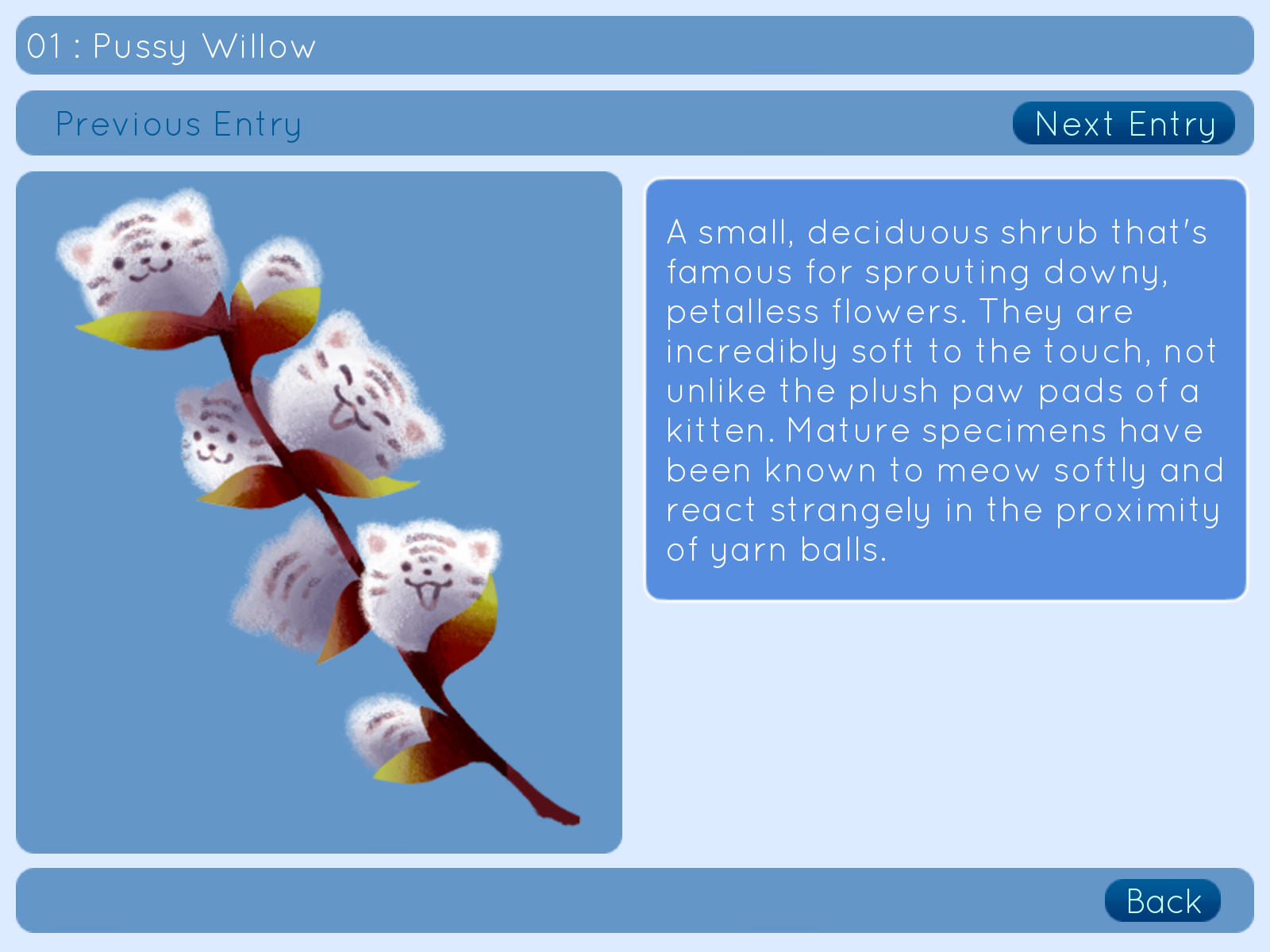Cloud Mage Mac OS
Development teams can now seamlessly provision and access macOS compute environments to enjoy convenient, distributed testing and fast app builds, bringing additional choice to developers so they can use Mac as their trusted platform, on-premises or in the cloud. EC2 Mac instances offload the heavy lifting that comes with managing.
Check the upload status of each song in your music library
- Mac OS 10.10+ (legacy) Looking for integration apps like browser add-ins for Passwords, a feedreader and more? Check our app store for integrations! Find here: documentation source code. You can already find Nextcloud Desktop client packages included in openSUSE Tumbleweed, Arch Linux and Fedora. You can find Ubuntu/Debian.
- Please note: The Microsoft Remote Desktop application does not support cut and paste of images, only text and Microsoft recommends that you use the Microsoft Remote Desktop app from the Mac App Store which supports MacBooks and iMacs running Mac OS 10.6 or higher.
When you turn on Sync Library in the Apple Music app or turn on iCloud Music Library in iTunes, Apple Music uploads and matches every song in your music library.
To check the upload status of each song:
- On your Mac, open the Apple Music app. On your PC, open iTunes, choose Music from the pop-up menu, then click Library.
- In the sidebar, select Songs.
- In the menu bar, choose View > Show View Options.
- Select Cloud Download and Cloud Status.
Cloud status icons
If you see a cloud status icon next to a song, find it below to learn what it means.
Available for download
The song isn't downloaded to your device and can only be played when your device is connected to the Internet. To listen to the song offline, tap or click the Download icon to download it to your device.
Duplicate
You have duplicate versions of the same song in your music library on your computer. Duplicate songs aren't uploaded and synced across your devices.
Removed
You have multiple computers that have Sync Library turned on and a song was deleted from one of those computers. Songs that you delete from your music library are immediately removed from your iPhone, iPad, or iPod touch, but stay on other associated computers until they're manually deleted.
Ineligible
Apple Music might not be able to upload the song because the song wasn't purchased from the iTunes Store, was purchased using a different Apple ID, or is too large of a file.
Error
The song file is corrupt or there was an error uploading the song. Choose File > Library > Update Cloud Music Library to resolve this. If updating doesn't resolve the issue, try importing a new copy of the song into your music library.
A dotted-line cloud
The song is either waiting to be uploaded, can't be matched, no longer available in the Apple Music catalog, or hasn't been released yet. Learn what to do if songs are taking a long time to upload.
Learn more
- Learn how to turn on Sync Library on all of your devices.
- Learn what to do if songs are missing in your music library after you turn on Sync Library.
- Learn what to do if your songs in your music library are grayed out.
- Learn how to delete music from your library.
Currently, Oracle VM VirtualBox runs on the following host OSes:
Windows hosts (64-bit):
Windows 7
Windows 8
Windows 8.1
Windows 10 RTM (1507) build 10240
Windows 10 November Update (1511) build 10586
Windows 10 Anniversary Update (1607) build 14393
Windows 10 Creators Update (1703) build 15063
Windows 10 Fall Creators Update (1709) build 16299
Windows 10 April 2018 Update (1803) build 17134
Windows 10 October 2018 Update (1809) build 17763
Windows Server 2008 R2
Windows Server 2012
Windows Server 2012 R2
Windows Server 2016
Windows Server 2019
Mac OS X hosts (64-bit):
10.12 (Sierra)
10.13 (High Sierra)
10.14 (Mojave)
Intel hardware is required. See also Known Limitations.
Linux hosts (64-bit). Includes the following:
Ubuntu 16.04 LTS, 18.04 LTS and 18.10
Debian GNU/Linux 9 ('Stretch')
Oracle Linux 6 and 7
Red Hat Enterprise Linux 6 and 7
Fedora 28 and 29
Gentoo Linux
SUSE Linux Enterprise server 12 and 15
openSUSE Leap 42.3 and 15.0
It should be possible to use Oracle VM VirtualBox on most systems based on Linux kernel 2.6 or 3.x using either the Oracle VM VirtualBox installer or by doing a manual installation. See Section 2.3, “Installing on Linux Hosts”. However, the formally tested and supported Linux distributions are those for which we offer a dedicated package.
Note that Linux 2.4-based host OSes are no longer supported.
Oracle Solaris hosts (64-bit only). The following versions are supported with the restrictions listed in Known Limitations:
Note that the above list is informal. Oracle support for customers who have a support contract is limited to a subset of the listed host OSes. Also, any feature which is marked as experimental is not supported. Feedback and suggestions about such features are welcome.
SSE2 (Streaming SIMD Extensions 2) support is required for host CPUs.

Mac Os Cloud Hosting
Copyright © 2004, 2020 Oracle and/or its affiliates. All rights reserved. Legal Notices